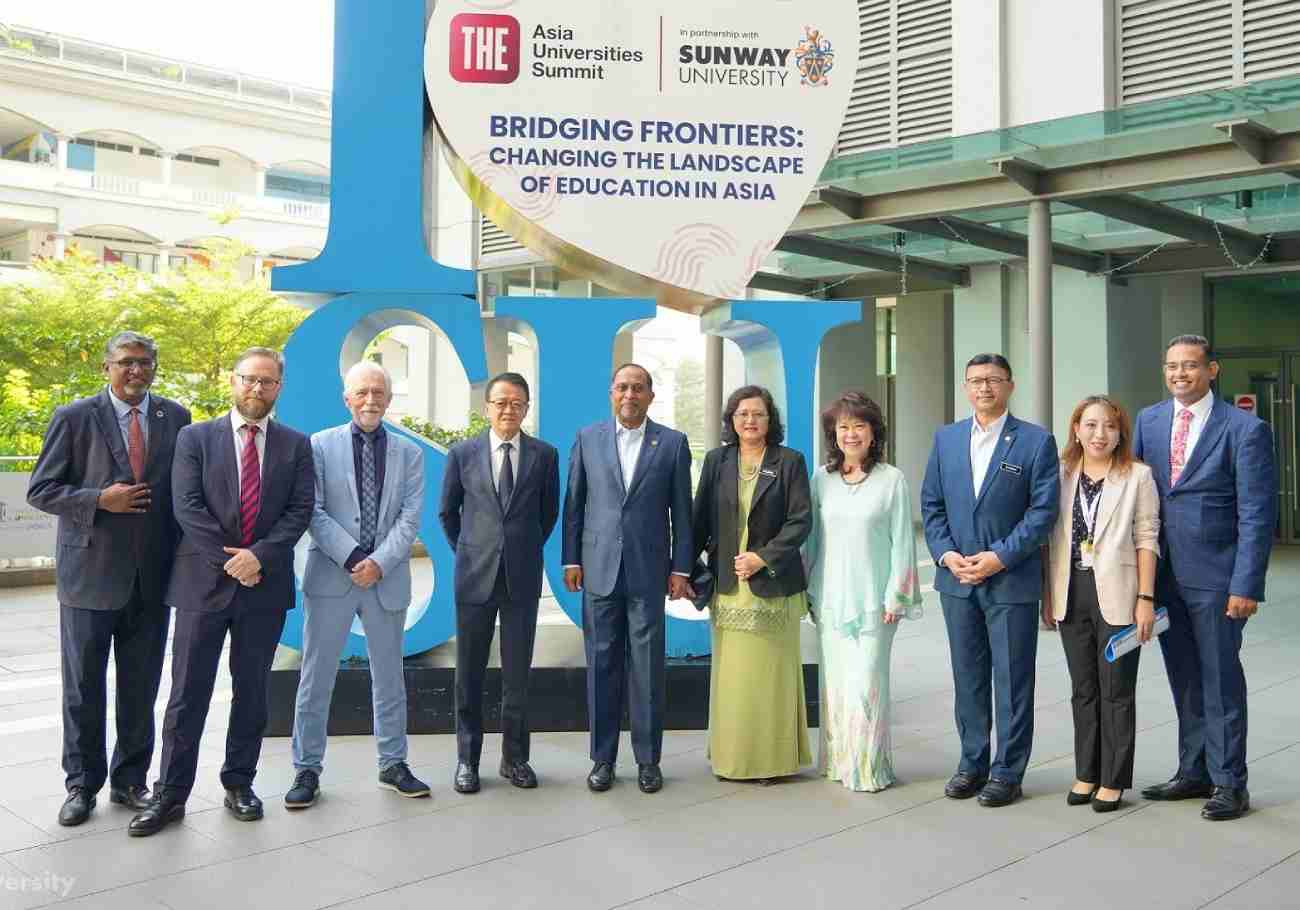The association of Ex-Students of La Salle and Sacred Heart held its annual dinner at the Star Convention Center in Kota Kinabalu last Saturday evening to mark the founding of the association fifty years ago.
Hundreds attended the 50th Golden Anniversary Dinner including the many ladies of the sixth form classes. Some returned from the Americas, Europe and Australasia.
La Salle Secondary School and Sacred Heart Primary School are among the oldest in Sabah run by the La Salle Christian Brothers.
It is surprising how poignant were the words of the Patron Saint of teachers, St. John Baptist De La Salle (1651-1719) today, as they were some300 years ago.
St. John Baptist De La Salle
St. John Baptist De La Salle did not want young people to abandon school to pursue an alternative ‘education’ of the streets, so he founded a religious order and pioneered schools that enabled them to grow, develop, and fulfill their destiny.
It was difficult in the beginning, the schools, out of necessity were housed in private dwellings, lacked basic amenities. The crowded rooms were stifling in summer and cold in winter and, since many children went unwashed, the atmosphere was hardly fragrant.
Private schools earning high fees started attacking the free schools of St. John Baptist De La Salle especially the teaching by Master Writers. Hand writing was taught gratis by St. John Baptist De La Salle and his teachers to all, including those who could well afford to pay.
St. John Baptist De La Salle faced lawsuits, attacks, confiscation of furniture and materials, closure of schools until his order was eventually accepted and tolerated.
History acclaims him as the father of modern pedagogy whose classroom methodology was a pattern for succeeding generations, and as a philosopher whose treatises on education have become classics.
St. John Baptist De La Salle’s fundamental advice for teaching a class:
“Determine the relative intelligence of every pupil in the class; prepare every lesson thoroughly; adapt language and explanation to class ability, and do not neglect slower pupils; speak sensibly, clearly and precisely in correct language; make sure the meaning of words used is understood; use accurate definitions; make sure you know the facts and the truth of what you say; use the system of question and answer; ask questions that provoke explanations; help the pupil use his or her power of though, form judgements, and seek answers themselves; make sure pupils understand the basics of a subject before moving to advanced work; introduce few principles at a time and explain them carefully; progress from the simple to the complex, the easy to the difficult; speak to the eyes of the class by using the blackboard; do not expose the pupils to false models and standards.”
John wrote text books for every subject. As always, his language is simple, direct and heartfelt.
His Rules of Christian Behavior and Politeness covered appearance, deportment, dress, table manners, and decent behavior in everyday, social routines.
He pioneered the provision of elementary, technical, and special schools, training colleges for secular and religious teachers, adult and higher education and, most of all, founded a unique, religious teaching order, the Institute of the Brothers of the Christian Schools or more renown locally as the La Salle Brothers.
De La Salle schools were characterized by developments ahead of their time that others would emulate.
St. John Baptist De La Salle brought enlightened and efficient common sense to the delivery of the secular curriculum of reading, writing and numeracy in the mother tongue.
He identified the ‘hidden curriculum’ of attitudes, values, and experiences in the transmission of knowledge and skills from teacher that creates the ethos of the authentic Christian school.
St. John Baptist De La Salle’s achievements were lasting and have influenced educational practice and theory for over three centuries.
Today, the De La Salle Brothers are teaching in 80 countries from primary schools to universities.
La Salle Brothers in North Borneo
In 1950, Pope Pius XII declared St. John Baptist De La Salle the Patron of all teachers and it was in the 1950s that the La Salle Brothers came to North Borneo and established their legacy in Sabah.
Many old boys considered themselves fortunate to be among the La Salle School Sabah students during the watershed years of the 1970s, especially those who were approved for admission into Form One from Sacred Heart Primary School. For Sacred Heartians, it was like a promotion.
It was also as if they were the last of the Mohicans to be educated in the good English medium of instruction.
The Mahathir era
Dr. Mahathir Bin Mohamed ex-prime minister once visited the school’s Science Block at the Senior Block side for students up to Form Five as the Education Minister.
Years before him, was another visitor – Education Minister Hussein Onn came by.
Mahathir was instrumental in the development of Bahasa medium of instruction policy formulated by Abdul Razak in the Razak Report but tried to reverse his folly upon the final years prior to his retirement by bringing back the teaching of science and mathematics in English.
The school various sport terms from soccer to basketball were most formidable in the 1970s making great impressions in inter school and interstate meets and many new clubs like the Chess Club, Photography Club and the Interact Club were formed and developed in that decade.
La Salle’s wholesome education
Author Mark Twain once said, “I have never let my schooling interfere with my education.”
La Salle is something more, – more than just schooling through the government stipulated syllabus. It was a wholesome education experience of courageous and righteous youth life and reality of sacrificial and responsible adult life – the good, the bad and the beautiful and the ugly.
The students did it ‘FIDES ET OPERA’ – ‘By Faith & By Deed’- the motto of the school emblem. They sacrificed time, talents and efforts like the Christian Brothers for the good of the next generations. Espirit de La Salle lives on as the baton passes on to the next batch of graduates.












